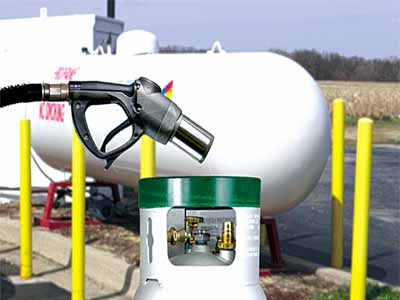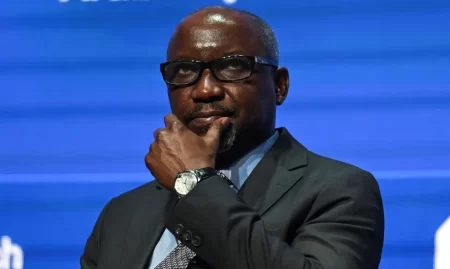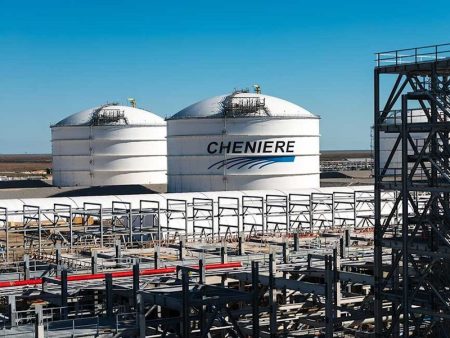
OpeOluwani Akintayo
Lagos — The price of household kerosene has continued to increase as more Nigerians, especially in the suburbs, switch from cooking gas to kerosene, firewood and charcoal.
As a result of high demand for kerosene, data from the country’s statistics bureau, NBS, said price of kerosene continues to soar as average price per litre paid by consumers for National Household Kerosene increased by 0.67% month-on-month and by 15.43% year-on-year to N400.01 in August 2021 from N397.34 in July 2021.
According to the document, price of the commodity had increased rapidly with states such as Enugu, Ebonyi and Cross River paying the highest-N494.05, N489.17, and N487.50 respectively.
The public was recently awashed with reports of cooking gas hitting its highest as a result of implementation of a 7.5 percent tax on imported cooking gas, scarcity of FOREX, and importation- about 70 percent of the gas consumed in Nigeria is imported.
Abdulkadir Saidu, Executive Secretary, Petroleum Products Pricing Regulatory Agency, PPPRA, on Thursday, said Nigeria imported a total of 85,264.803 metric tonnes of gas in August.
According to him, while 38,040.457MT of the total volume supplied was sourced locally, 47,224.346 MT was imported. This means that 55.39 percent of the LPG consumed in the country was imported, leaving 44.61 per cent for local producers.
As a result of high importation rate, price of a 12.2kg cooking gas has since shut up from N3,500 in December, 2020 to currently being sold for between N6500-N7000.
The National Chairman, Liquefied Petroleum Gas Retailers Association of Nigeria, Michael Umudu in an interview, confirmed that more Nigerians have since switched to use of firewood, charcoal, and kerosene.
“If you come to Lagos, you will see heaps of firewood like groundnut pyramids. Many people who use LPG to run their small businesses cannot cope again because of the price. They are in crisis right now; some of them are now using firewood, others, charcoal.
“Many people in the rural and semi-urban areas are dropping their cylinders. Those who find it difficult to get alternatives are actually going through a very hard time,” he added.
Executive Secretary, Nigerian Association of Liquefied Petroleum Gas Marketers, Bassey Essien had told Punch in an interview that the cost of 12.5kg gas could hit N10,000 in December.
He said, “If by December they (government) don’t take time to address this surge, it (12.5kg) will be N10,000. We are not the one causing this, rather it is the government. We sell what we get.”
Nigeria is home to a proven gas deposit of 206.53 trillion cubic feet, according to the Department of Petroleum Resources, DPR.
It was gathered that small businesses and homes in rural and semi-urban areas have reverted to firewood and charcoal as a result of the development.
Purchase of cooking gas had also plunged in recent months, according to findings.
This new development has continued to hamper progress of the federal government’s National Gas Expansion programme, NGEP which it had earlier thought would increase awareness of gas over other means of energy.
On the cost of the commodity in metric tonnes, Umudu replied, “20MT is now in the average of about N8m. And before VAT was introduced, the price of 20MT was around N6.8m to N7m, which was the highest price then.”
On what the government was doing about the development, the spokesperson of the Nigerian National Petroleum Corporation, Garba-Deen Muhammad, said the Minister of State for Petroleum Resources, Chief Timipre Sylva, had said the commodity was deregulated.
Muhammed, who served as the media aide to Sylva before switching to become NNPC spokesperson recently, said, “The minister answered this question during his last press briefing two weeks ago.”
At the briefing, Sylva had said, “We are not in position to determine gas pricing because gas is not a regulated product. But, of course, we are also very concerned that prices are rising and so I am actually doing something about it in the interest of the ordinary Nigerian.
“I am calling some of the suppliers to discuss the reason for this hike,” adding that the intervention was outside government role.



